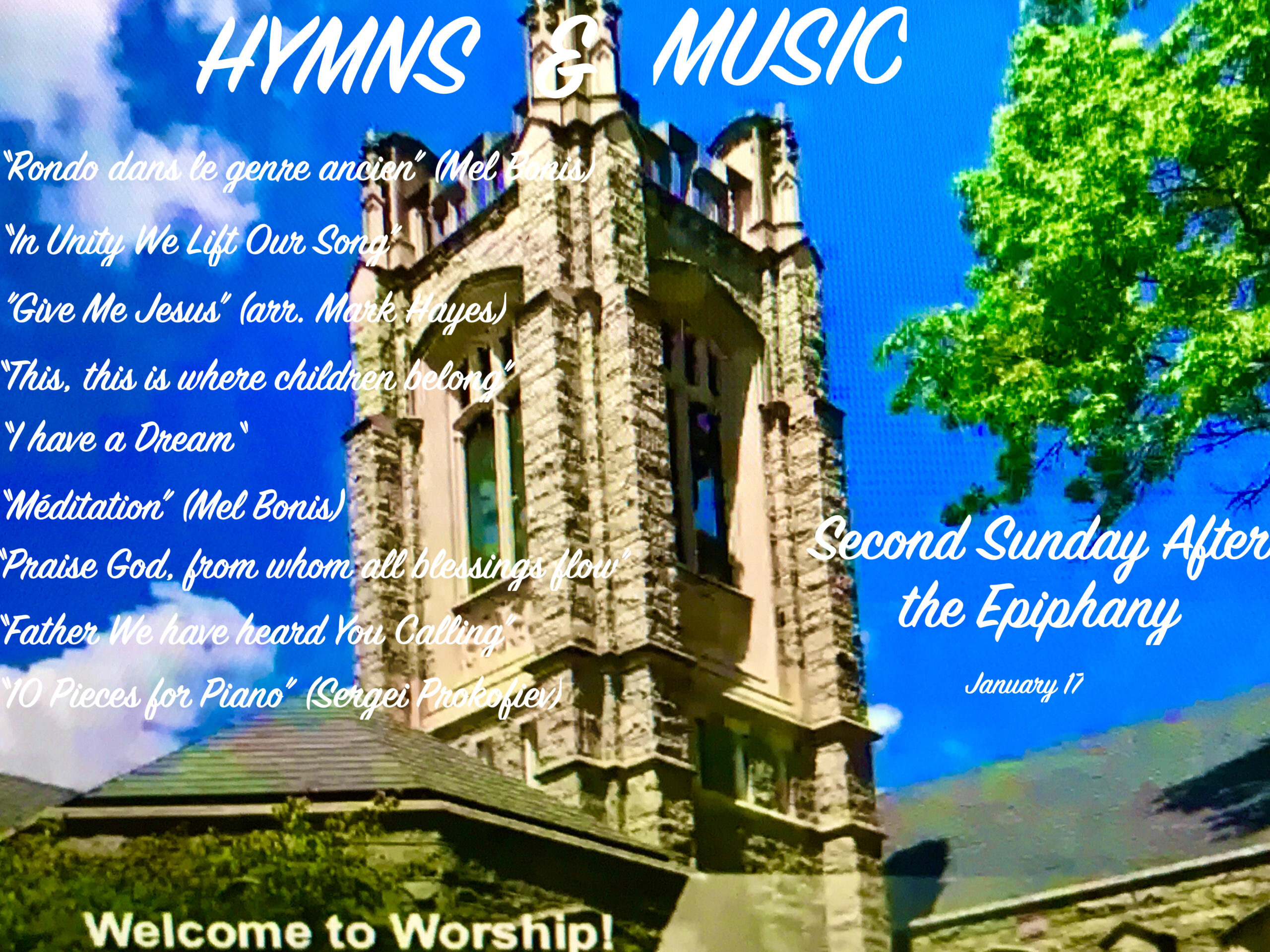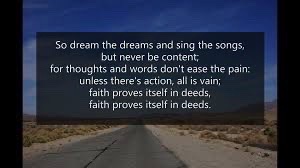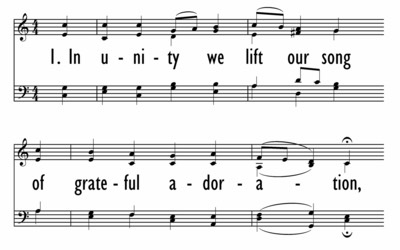
Image courtesy of Kenneth Fowler
Wednesday, February 3
Luke 9:52b-56 “On their way they entered a village of the Samaritans to make ready for him; but they did not receive him, because his face was set toward Jerusalem. When his disciples James and John saw it, they said, “Lord, do you want us to command fire to come down from heaven and consume them?” But he turned and rebuked them. Then they went on to another village.”
Jean-Michel Basquiat’s Le Jour ni l’Heure, detail, 1988. Courtesy of Renaud Camus.
Like James and John, we too are programmed to respond competitively to those we consider “them” to our “us”. In Working Toward Whiteness: How America’s Immigrants Became White, noted historian David Roediger writes: “Even as the world of work mercilessly taught the importance of being “not black,” it also exposed new immigrants to frequent comparisons to African Americans and at times to close competition with them. Management created an economics of racial inbetweenness that instructed new immigrants on the importance of racial hierarchy while leaving their places in that hierarchy open to judgment. The ways in which capital structured workplaces and labor markets contributed to the ideas that competition would be cutthroat and should be racialized. In the early twentieth century, employers preferred a labor force divided by race and national origins.” He goes on: “The shifting, contested, and often incomprehensible opinions of experts had posited that forty-five or more different “races” had migrated to the United States.” We often divide America on paper into two races black and white but in praxis we continue to divide along multiple racialized groupings either explicitly or implicitly. Teddy Roosevelt’s “American Race” remains an ideal though no such “race” exists. The “melting pot” remains a tool for oppression with race its most potent weapon.
Action step: Today, with brutal honesty, ask yourself how many races you believe exist in your church, community, and nation. How do you define “race” when applying it to these communities? How aware are you that you see persons as members of races? What concrete steps might you take to dispel these imposed categories in your life and ministry?
Prayer:
God of grace and mercy, hear our prayer.
We need grace to acknowledge our complicity and shame for the systemic
discrimination and pervasive institutional racism we have accepted and fostered.
We need mercy to forgive and the humility to ask for forgiveness for our sinful actions and beliefs.
God of grace and mercy, hear our prayer.
We need grace to open our eyes and minds to see the steps forward we must take. We need mercy to learn what we do not yet know.
God of grace and mercy, hear our prayer.
We need grace to move into a future of respect, equality and partnership
with each other.
We need mercy to make the changes required to live in peace together.
God of grace and mercy, hear our prayer.
We need the grace that calls us to align our actions with your vision
for relational harmony.
We need mercy to seek the wholeness of shalom.
God of grace and mercy, hear our prayer.
George R. Crisp – this prayer was shared on July 8, 2020 by UMC Discipleship’s Praying for Change: Daily Prayers for Anti-Racism E-mail



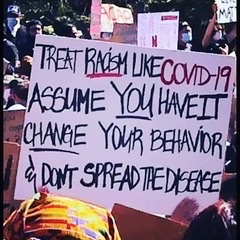
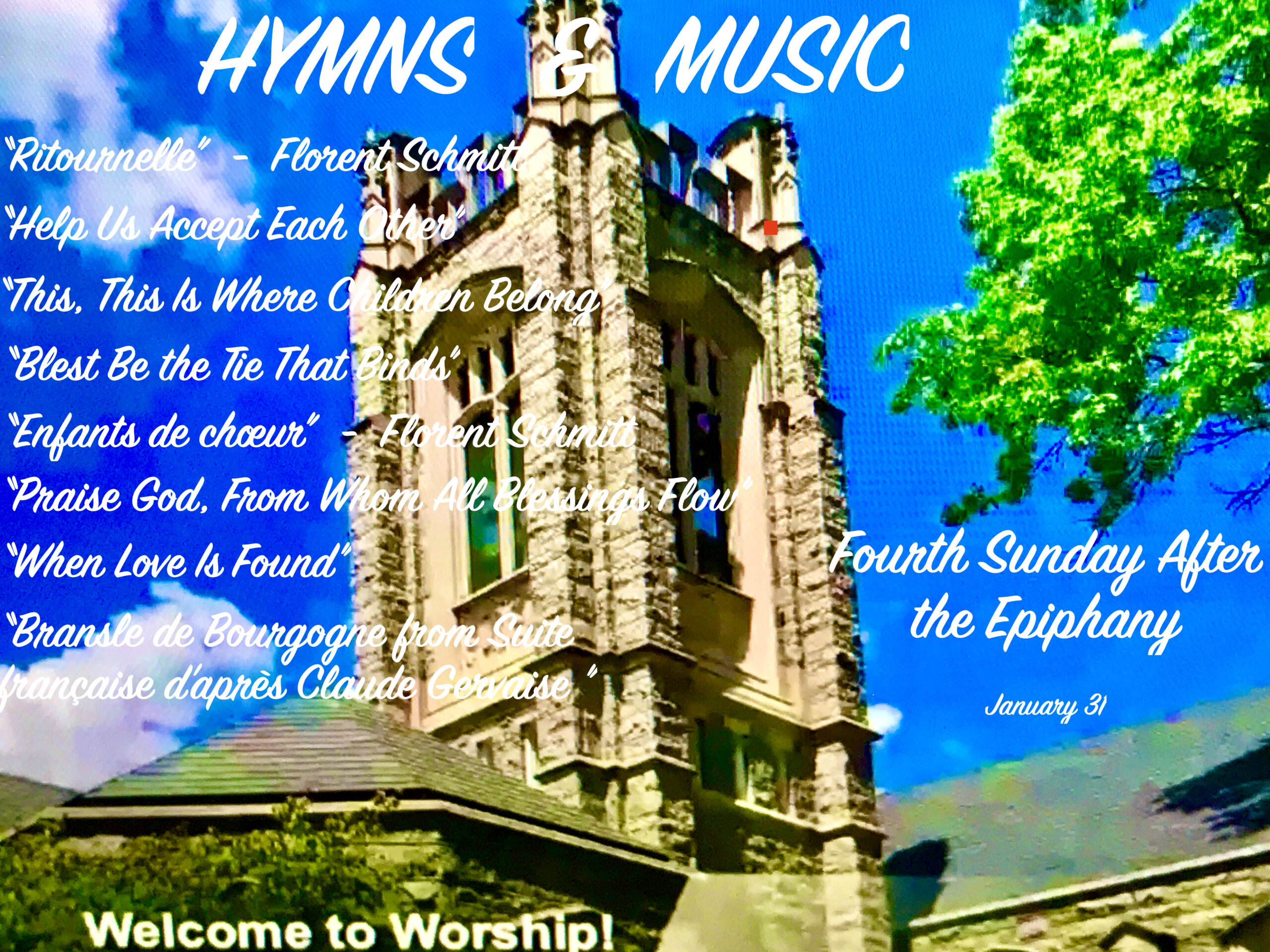
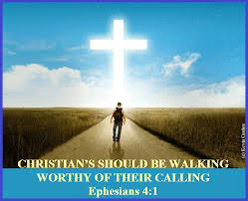
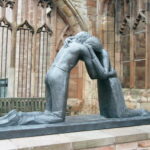

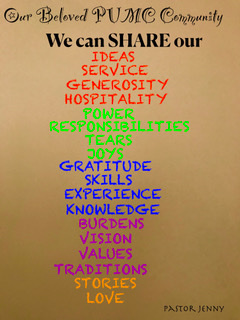
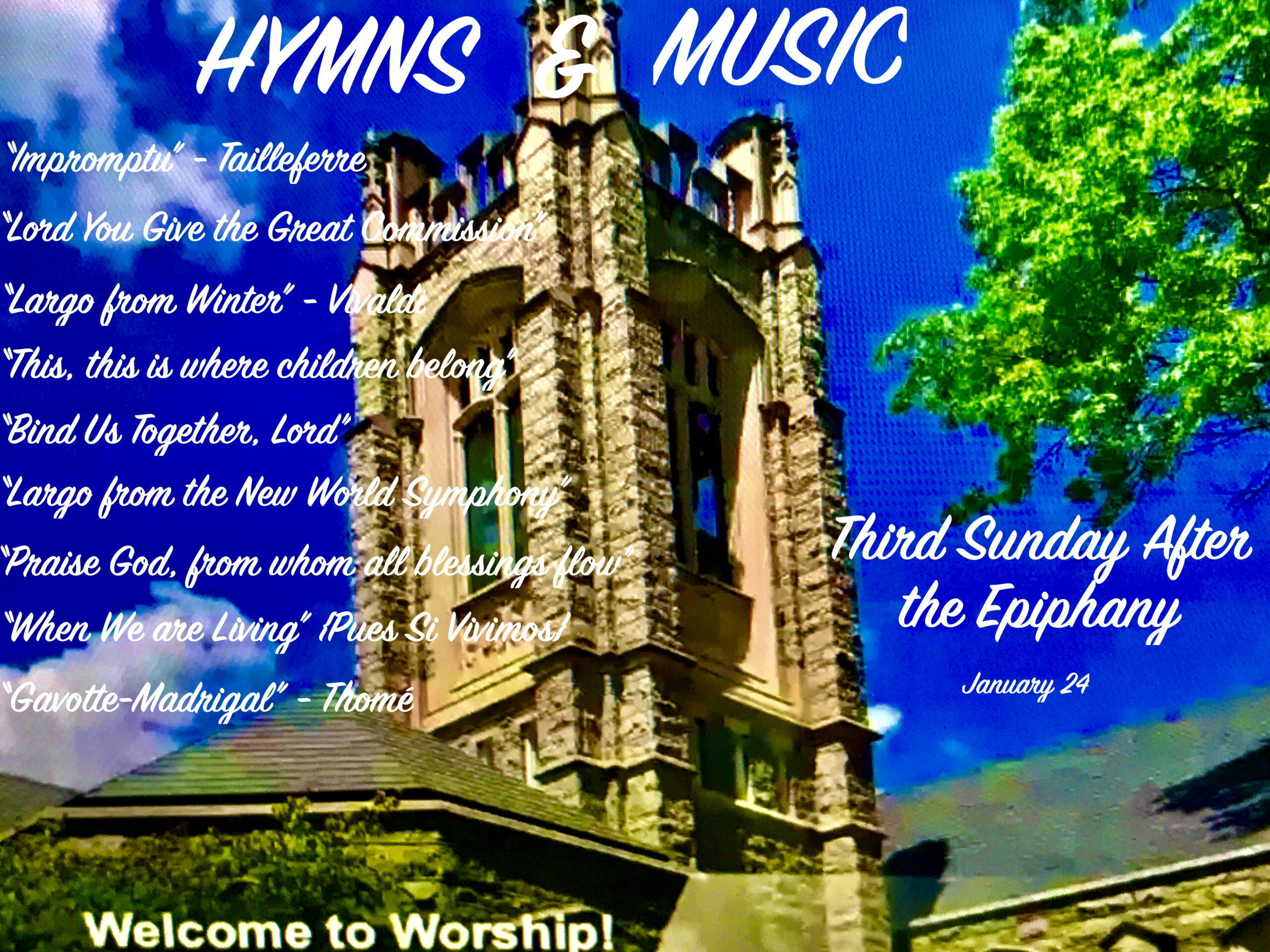
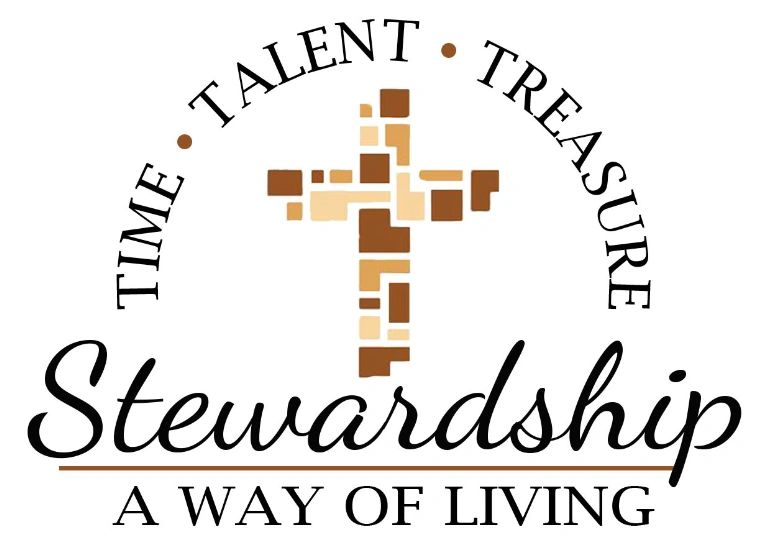


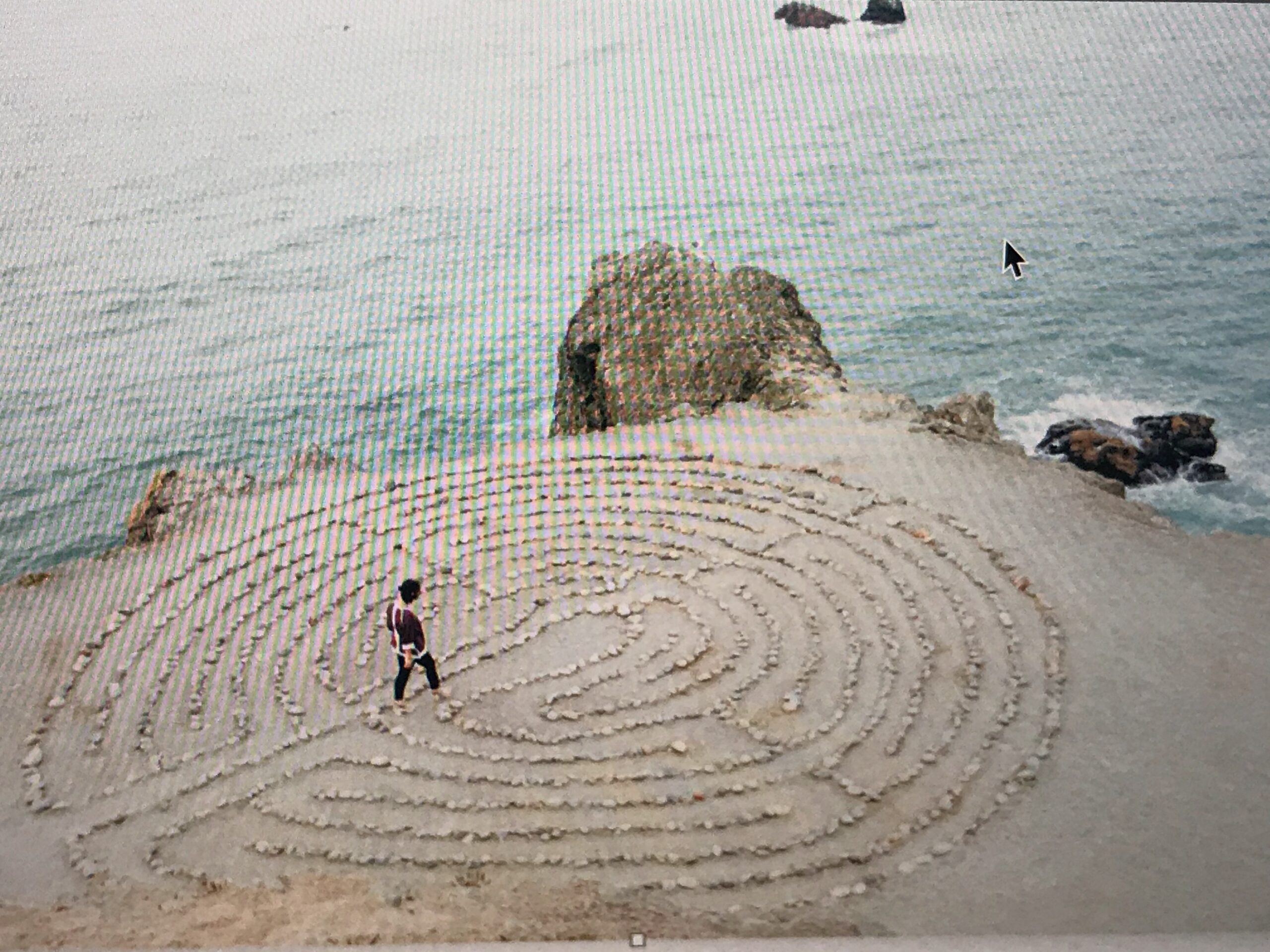

 Image created by Isabella Dougan
Image created by Isabella Dougan Image created by Isabella Dougan
Image created by Isabella Dougan